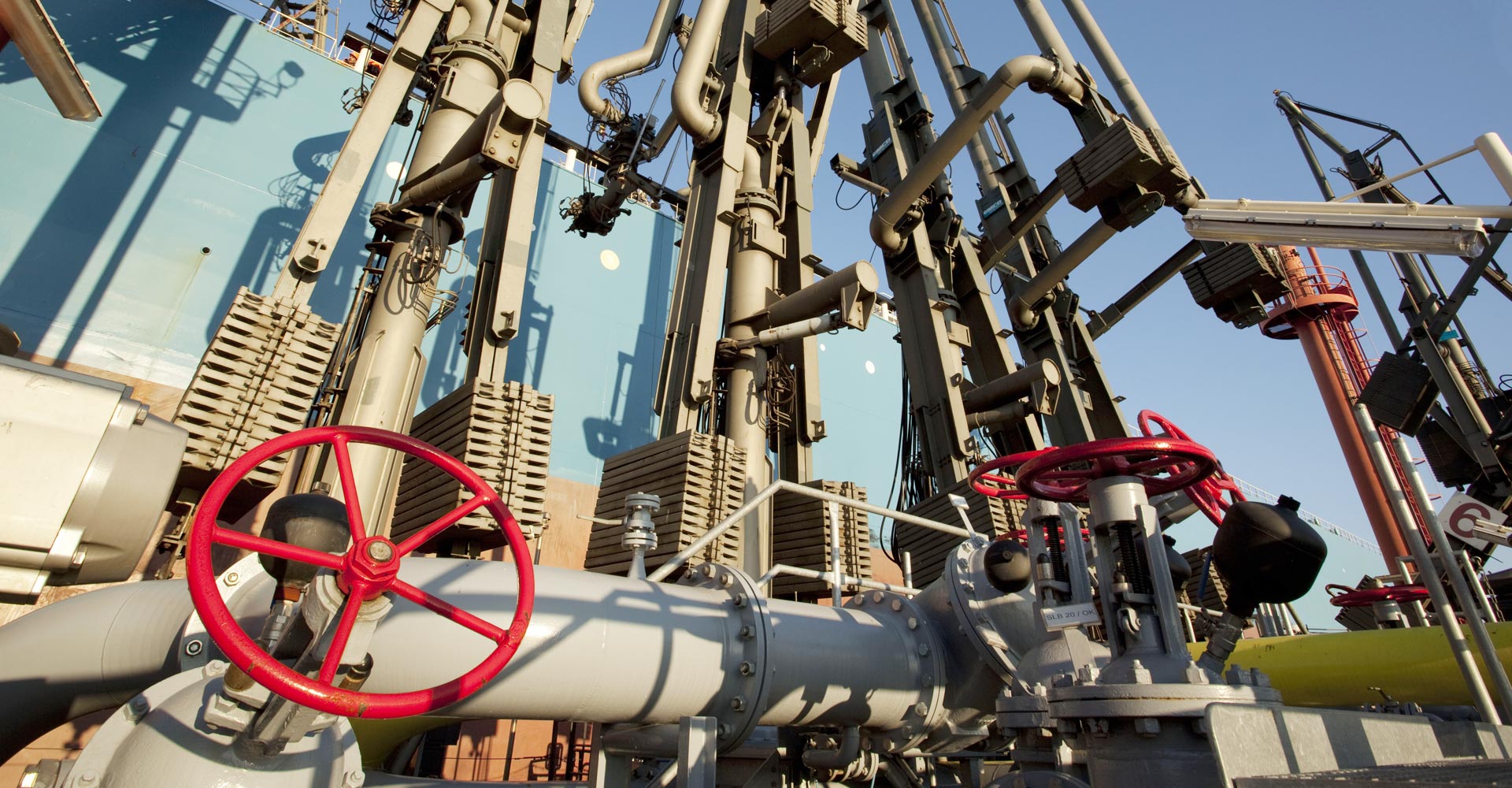E85
E85 is a blend of 85 vol.% ethanol and 15 vol.% gasoline. At 107 octanes, its knock resistance is significantly higher than that of 98-octane Super Plus fuels.
Ethanol is produced by the alcoholic fermentation and subsequent distillation of biomass. In Germany, the preferred raw materials for this product are cereals, potatoes, and sugar beets. Sugarcane is also frequently used internationally. In Germany, there were already more than 300 service stations that sell or sold the fuel, under names like “Bio-Super.” E85 can only be sold if it complies with the minimum requirements of the DIN 51625 quality standard. The volumetric consumption of E85 is higher because ethanol has an energy content about 35% lower than mineral gasoline.
Basically one should only use E85 to fuel cars that have been approved for it by their manufacturer. Vehicles are only E85 compatible if all the materials in the fuel cycle, i.e. tank, fuel pump, fuel lines and injectors, can tolerate ethanol. In addition, the motor control electronics, for example, must also be designed for E85. If this is the case, they are called Flexible Fuel Vehicles (FFV), because they can then be powered with both E85 and fossil gasoline. In these vehicles, a sensor detects the gasoline-ethanol mixture ratio, so that the engine management system can automatically adjust the ignition timing to the composition of the mixture. In this way you can fuel with E85 and gasoline in any mixing ratio. This flexibility is important because the ethanol content of E85 varies.
Until 2015, E85 was available via an extensive network in Europe and other countries: The fuel was available at more than 300 filling stations in Germany, 300-plus in France as well, more than 800 in Sweden, several dozen each in Austria and Switzerland, and hundreds in the U.S. Until December 31, 2015, the bioethanol content in gasoline was exempt from oil tax in Germany, which meant that E85 could be sold at the pump more inexpensively than conventional gasoline – so ethanol fuel made economic sense for users despite an increased consumption compared with gasoline. Since January 01, 2016 however, the ethanol component is fully taxed, meaning the fuel has lost its economic advantage and will disappear from filling stations in Germany.

